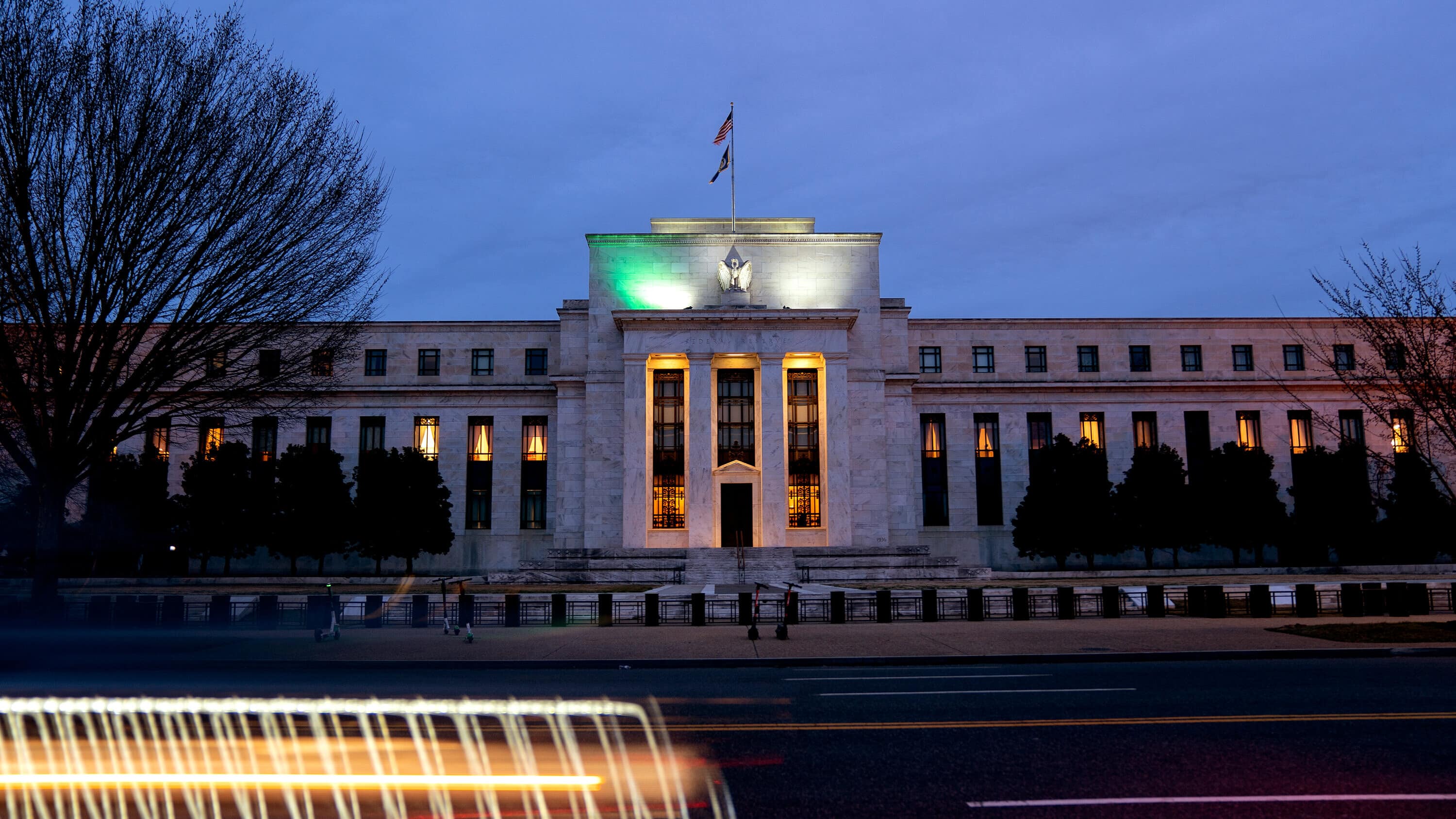
Why JPMorgan and Citigroup are suing US Federal Reserve
What's the story
Several leading US banks and business associations have sued the US Federal Reserve, contesting the existing annual bank stress test processes. The Bank Policy Institute (BPI), which represents leading financial institutions including Citigroup, JPMorgan, and Goldman Sachs, is spearheading the lawsuit. The American Bankers Association, Ohio Bankers League, Ohio Chamber of Commerce, and US Chamber of Commerce are among the other parties to the suit.
Legal action
Lawsuit seeks to address 'longstanding legal violations'
The lawsuit seeks to "resolve longstanding legal violations by subjecting the stress test process to public input as required by federal law." The plaintiffs contend that while they do not oppose stress testing, they believe the current procedure is inadequate and "produces vacillating and unexplained requirements and restrictions on bank capital." This legal action comes after the Federal Reserve announced its intent to revise these bank stress tests.
Test revision
Federal Reserve plans to revise stress tests
The Federal Reserve has announced plans to revise its annual bank stress tests, which are designed to ensure banks have sufficient buffers for bad loans, and regulate the size of stock repurchases and dividends. The Fed is seeking public input on "significant changes to improve the transparency of its bank stress tests and reduce the volatility of resulting capital buffer requirements." This was done due to an "evolving legal landscape" and recent changes in administrative laws.
Ongoing issues
Banks' concerns about capital requirements may persist
Despite the Fed's proposed changes, banks may still be concerned about stringent capital requirements. The Fed has clarified that "these proposed changes are not designed to materially affect overall capital requirements." BPI CEO Greg Baer has welcomed the announcement as a "first step toward transparency and accountability," but also hinted at further action to ensure timely reforms that align with both law and policy.
Past issues
Previous concerns about stress test process raised
Previously, groups such as the BPI and the American Bankers Association have raised concerns over the stress test process, calling it opaque and claiming it has resulted in capital rules that hurt bank lending and economic growth. In July, these groups had accused the Fed of violating the Administrative Procedure Act for not seeking public comment on its stress scenarios and keeping supervisory models confidential.